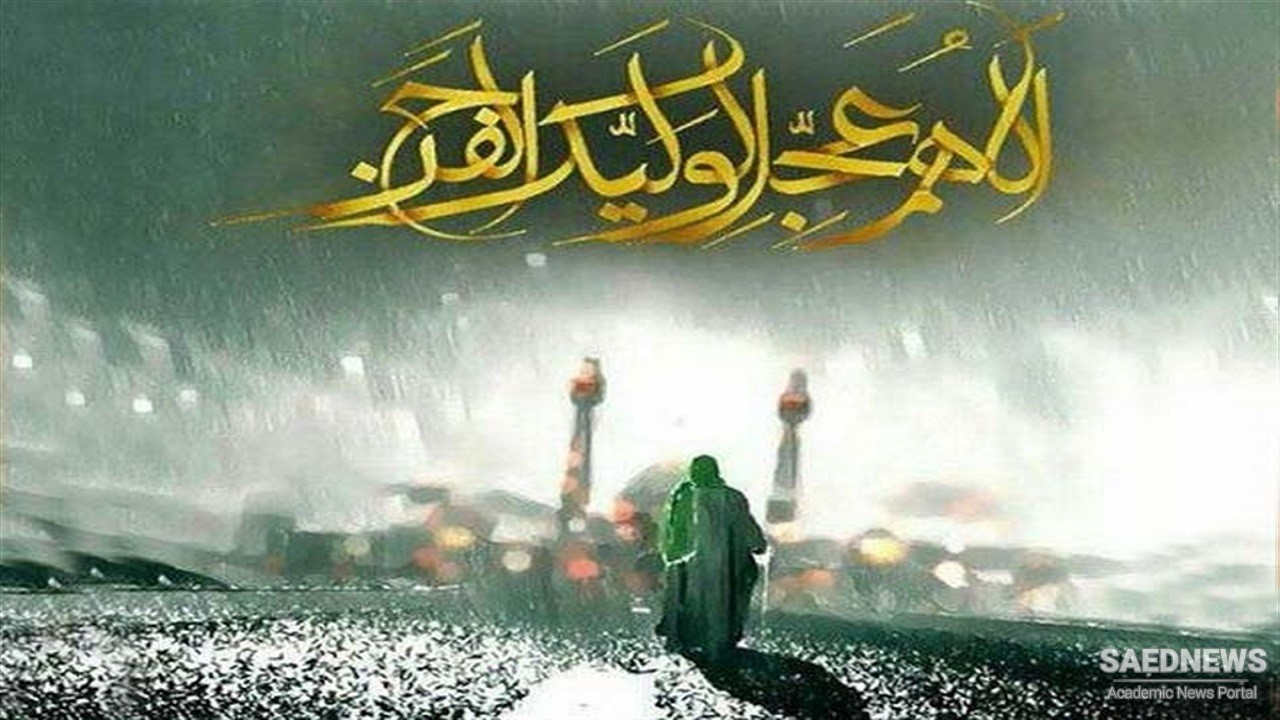Internally he was threatened by the Hypocrites who had penetrated the ranks of the Muslims through outwardly ranging themselves beneath the banner of prophethood and were striving repeatedly to defeat the Prophet. In the ninth year of the Hijrah, when he had departed on the Tabuk campaign, he became anxious on account of their intrigues and plotting, and in order to prevent the occurrence of any untoward event he named 'Ali, peace be upon him, as his deputy in Madinah. Externally he was threatened by the two great empires, Byzantium and Persia, and there was the constant fear that at any moment either of those great powers might attack the center of the Islamic movement.
It is evident that confronted with such grave problems the Prophet was bound to place responsibility for the preservation of the ummah in the hands of a person or persons who had the capacity for it, in order that the Islamic call might remain firm and protected. The first caliph felt a sense of responsibility for the future of the Islamic state and was unwilling for it to be threatened by a vaccum in the leadership. He did not leave the ummah to its own devices, and while on his deathbed instructed the people as follows: "I appoint 'Umar b. al-Khattab as commander and ruler over you; pay heed to his words and obey him."1 The caliph thus regarded it as his right to designate his own successor and to enjoin obedience to him on the people.
The second caliph likewise realized the need to act quickly once he had been fatally stabbed. He ordered a six-man council to be convened, which implies that he did not grant the Muslims the right of appointing the caliph themselves, otherwise he would not have assigned the task to this council. The Commander of the Faithful, 'Ali, peace be upon him, accepted the responsibility of the caliphate under extraordinarily complicated and disturbed circumstances, for he was fearful that popular disorder might lead to a wholesale relapse into Jahiliyyah.
Taking all this into consideration, is it at all possible that the Messenger of God, peace and blessings be upon him and his family, should have overlooked the depth of the danger or the sensetiveness of the situation, despite the fact that society had only just emerged from Jahiliyyah, and that he should not have drawn up a plan to confront the dangers he anticipated after his death? It would indeed be impossible to find any acceptable explanation for a failure on the part of the Prophet to concern himself with this matter. Likewise, it is unimaginable that he should have shown no concern for the future of the summons he had launched, not caring what might become of it after his death.
On the contrary even on his deathbed and while sorely vexed by the pains of sickness, the Prophet was concerned for the ummah and full of anxiety for its future, to the degree that it completely preoccupied his whole being. During those sensitive and critical moments, when everyone was in a state of shock and bewilderment and some of the Companions (sahabah) including 'Umar b. al-Khattab were gathered around his bed, the Prophet said: "Bring me paper and an inkpot; I wish to write instructions for you so that you never go astray."
This effort of the Prophet, peace and blessings be upon him and his family, preserved in a tradition on the authenticity of which are agreed, is clear testimony to the fact that the Messenger of God, precisely at the time that he was spending the last moments of his luminous life, was concerned for the future of Islam and was giving thought to the dangers that would arise after his death. He wished to lay down a path for the future in order to preserve the ummah from deviation and society from degeneration, for he understood these matters better and more profoundly than anyone. A matter that. deserves particular attention is the question of successorship in heavenly religions and laws, for all the prophets of God selected deputies and successors in accordance with revelation. For example, Adam, Ibrahim (Abraham), Ya'qub (Jacob), Musa (Moses) and 'Isa (Jesus), peace be on them all, selected their successors, all of whom are known to us by name.


 Shia Suffering, Resistance Front and Mahdist Aspirations
Shia Suffering, Resistance Front and Mahdist Aspirations














































